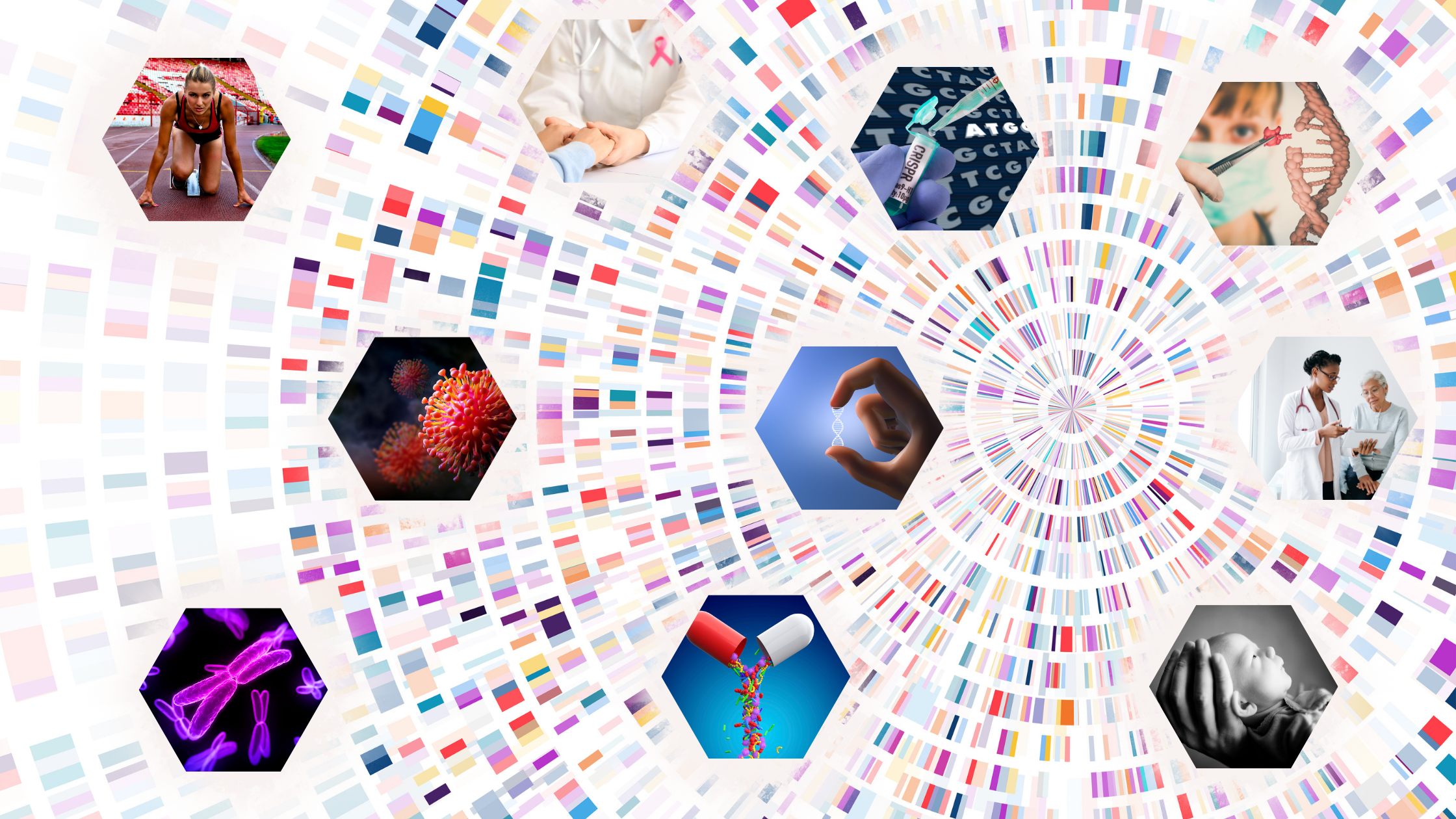Pharmacogenomics as a Clinical Decision-Making Tool: Optimising Prescriptions with Genetic Insights

Pharmacogenomics is a very important area for precision medicine to look at the impact of the outcomes of the drugs that are being prescribed. With increasing ADRs, it becomes imperative for healthcare professionals to be aware of it. A study published in the Indian Journal of Medical Research estimated that only a small percentage (around 5-10%) of ADRs in India are reported, meanwhile, in the Journal of the American Medical Association (JAMA), it was estimated that ADRs were the fourth leading cause of death in the United States. However, it's important to note that this statistic includes a wide range of adverse events, including those caused by medication errors, therapeutic failures, and other factors in addition to ADRs.
While traditional clinical approaches have served us well, the emerging field of pharmacogenomics offers exciting prospects for tailoring drug therapies to individual patients based on their genetic makeup. By understanding how genetic variations impact drug response, we can enhance treatment outcomes, minimise adverse effects, and optimise prescription decisions. In this blog post, we will explore the potential of pharmacogenomics in three crucial areas of medical practice: statin prescriptions, SSRI prescriptions, and oncology prescriptions. Let's dive in!
Statin Prescriptions:
Statin therapy is commonly used to manage hypercholesterolemia and reduce the risk of cardiovascular events. However, the response to statins can vary significantly among individuals, and some patients experience adverse effects. Pharmacogenomics studies have shed light on the role of genetic variations in statin metabolism and efficacy.
One study conducted by Thompson et al. (2019) demonstrated that genetic variants in the SLCO1B1 gene influence the pharmacokinetics of statins, particularly simvastatin and rosuvastatin. These variants were associated with an increased risk of muscle-related side effects. Incorporating SLCO1B1 genotyping into clinical decision-making can help identify patients at higher risk for adverse effects and guide the selection of appropriate statins and doses.
SSRI Prescriptions:
Selective serotonin reuptake inhibitors (SSRIs) are widely prescribed for various psychiatric conditions, such as depression and anxiety disorders. However, the response to SSRIs is highly variable, and some patients may not achieve the desired therapeutic effects or may experience intolerable side effects. Pharmacogenomic research has shed light on genetic factors that influence SSRI response.
One seminal study by Porcelli et al. (2019) examined the impact of genetic variations in the CYP2C19 gene on the metabolism of SSRIs, including escitalopram and sertraline. The findings revealed that poor metabolizers of CYP2C19 substrates had a higher risk of adverse effects and poorer treatment response. Incorporating CYP2C19 genotyping into clinical practice can aid in individualising SSRI prescriptions, enabling more targeted treatment decisions.
Oncology Prescriptions:
Precision medicine has revolutionised oncology by tailoring treatments based on the genetic characteristics of tumours. However, understanding the impact of genetic variations on drug metabolism and response is equally crucial in optimising oncology prescriptions.
A study by Pussegoda et al. (2017) explored the association between genetic variations in the DPYD gene and the risk of severe toxicity in cancer patients treated with fluoropyrimidines, such as 5-fluorouracil. The findings indicated that certain DPYD variants were associated with a higher risk of severe toxicities, including myelosuppression and gastrointestinal adverse events. Incorporating DPYD genotyping into clinical decision-making can help identify patients at increased risk of toxicity and enable dose adjustments or alternative treatment options.
Pharmacogenomics represents a powerful tool for optimising clinical decision-making in prescription practices. By incorporating genetic insights into our treatment algorithms, we can enhance patient care by improving drug efficacy, reducing adverse effects, and tailoring therapies to individual needs. The studies mentioned in the areas of statin prescriptions, SSRI prescriptions, and oncology prescriptions demonstrate the potential of pharmacogenomics to revolutionise our approach to patient care. As medical practitioners, let us embrace this exciting field and harness the power of genomics to unlock better treatment outcomes for our patients.
References:
1. Thompson JF, et al. (2019). An Expanded View of Complex Traits: From Polygenic to Omnigenic. Cell, 177(1), 36-47.
2. Porcelli S, et al. (2019). The Impact of CYP2C19 Polymorphisms on SSRIs Treatment Outcome: Systematic Review and Meta-Analysis. Frontiers in Pharmacology, 10, 1360.
3. Pussegoda K, et al. (2017). Pharmacogenetics of TPMT and DPYD in the Era of Precision Medicine for Cancer Therapy. Pharmacogenomics, 18(3), 225-234.

The Gene Box











.png)



















































